The first European artist to cross the equator, Camoes’s narrative reflects the novelty and fascination of that original encounter with Africa, India and the Far East. The poem’s twin symbols are the Cross and the Astrolabe, and its celebration of a turning point in mankind’s knowledge of the world unites the old map of the heavens with the newly discovered terrain on earth. Yet it speaks powerfully, too, of the precariousness of power, and of the rise and decline of nationhood, threatened not only from without by enemies, but from within by loss of integrity and vision.
For more than seventy years, Penguin has been the leading publisher of classic literature in the English-speaking world. With more than 1,700 titles, Penguin Classics represents a global bookshelf of the best works throughout history and across genres and disciplines. Readers trust the series to provide authoritative texts enhanced by introductions and notes by distinguished scholars and contemporary authors, as well as up-to-date translations by award-winning translators.

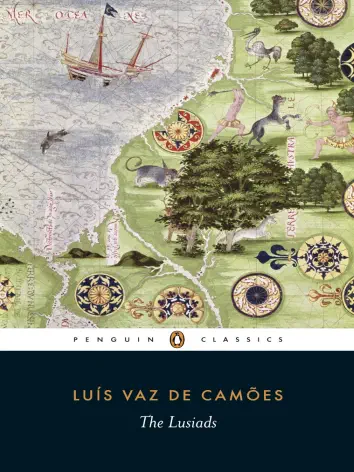
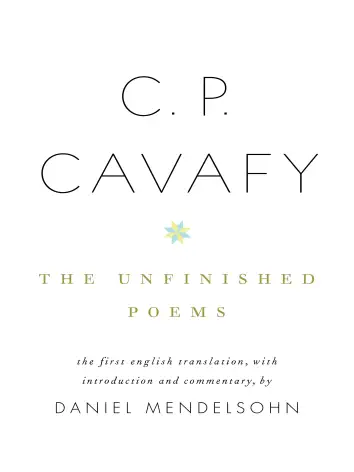
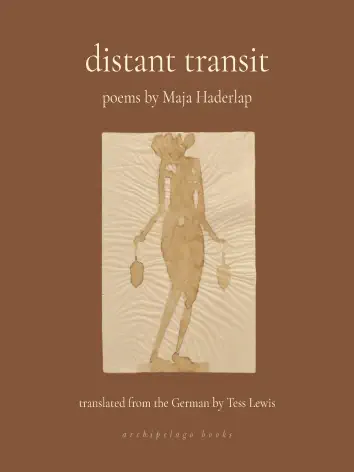
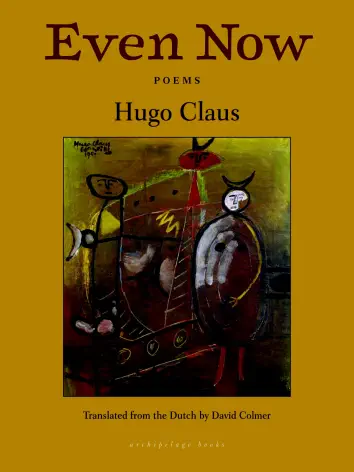
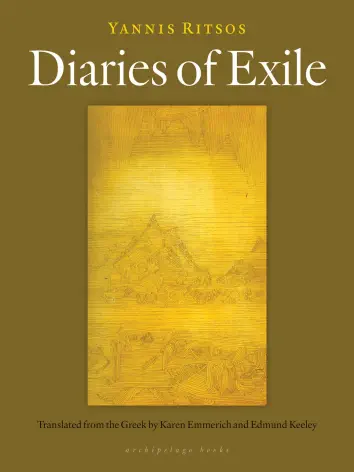
Reviews
There are no reviews yet.